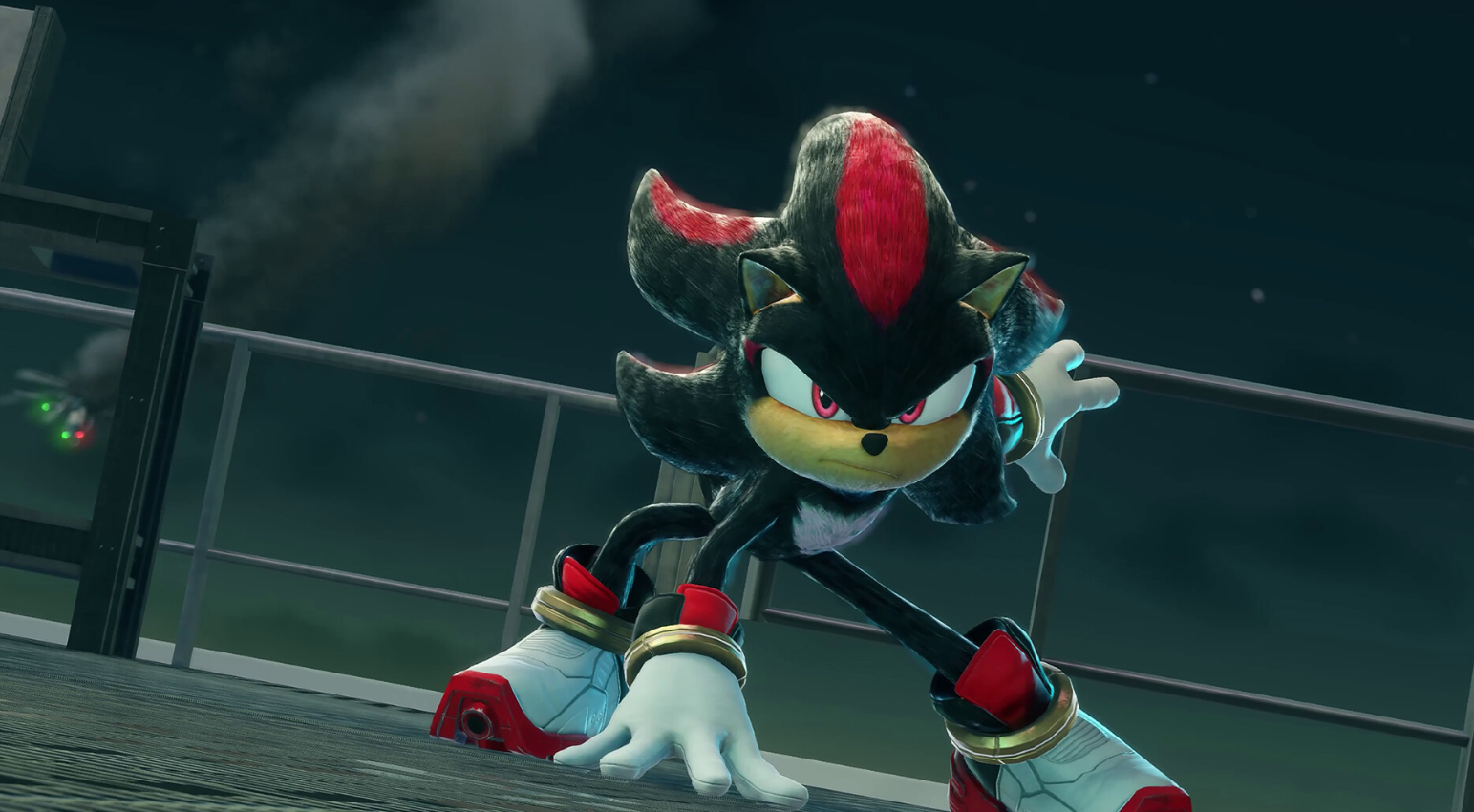Возможно кого-нибудь заинтересует. Прямой ссылки нет т.к. DTF не позволил ее вставить (но гуглом, я думаю, все владеют).
Полный курс содержит 21 урок:
01The Fundamentals of Game DesignMeet your new instructor: Will Wright, visionary game designer behind The Sims. In your first lesson, you’ll learn the core tenets of Will’s multidisciplinary game design process.
02Generating Game ConceptsFor Will, the natural and social worlds are a rich source of material. Learn what inspired the creation of The Sims and Spore, and how to find and hone your own ideas through wide-ranging research.
03Early PrototypingRapid prototyping is a central component of Will’s game design process. Explore various types of prototyping and learn how to “find the fun” in the early stages of the design process.SHOW ALL 21 LESSONS
04The Relationship Between Story and GamesGames are capable of producing emotions that other media cannot, since they allow players to create their own stories. Will teaches you how to create a sense of agency and responsibility in your players and offer them expressive tools.
05Exploring Player PsychologyWill believes game development is as much about programming a player’s brain as it is about programming the game itself. Learn Will’s strategies for creating compelling games that take player psychology into account.
06Design Player-Centered ExperiencesWill believes that failure is critical to helping players learn, and making failure fun is a key part of game design. Learn how Will keeps players entertained throughout their experience.
07Develop a Game LanguageGames use a system of signs and symbols to communicate meaning to the player. Will teaches how to create and use your own “game language” to educate players about the rules of your game world.
08Designing a Visual AestheticYour visual aesthetic helps define your game language and impacts your overall design. Will shares tips for discovering your own aesthetic and collaborating with art directors and illustrators to achieve your vision.
09Game MechanicsGame mechanics govern the interactions within your game system. Will teaches you how to identify mechanics in other games, and how to choose the game mechanics that will enhance your player experiences.
10Game Demo: MoreyWatch while Will shares his insights and perspectives with an aspiring game designer as they review her latest prototype and he gives her suggestions for areas of focus and iteration.
11Iteration and ScopingAn iterative process can continually improve your design. Learn Will’s strategies for scoping and iterating, including his helpful “feature triage” method.
12Prototyping Case Study: ProxiWill and his programmer reveal and iterate on prototypes they are developing for their new game, Proxi. Witness how collaboration and prototyping can influence design decisions.
13PlaytestingPlayer feedback is your most valuable resource as a designer, and the playtest is your first chance to get inside your player’s mind. Will teaches you to use playtesting to identify your audience, interpret feedback, and more.
14Designing a Sound AestheticGreat sound can improve the experience of your game exponentially. Learn how to utilize music and sound design to expand your player’s imagination and heighten their emotional experience.
15Pitching IdeasWhen it comes to pitching ideas, one size does not fit all. Will shares tips for structuring your initial pitch and modifying your message to connect with diverse audiences.
16Game Demo: Flooded MarketWill provides feedback and advice to a game designer who is in the late stages of the game design process.
17Choosing and Understanding Your PlatformWhen deciding what platform your game will use, you’re also deciding which audiences it will reach. Will teaches you what to consider—such as independence, monetization, and hardware—when making this choice.
18System DesignUnderstanding the fundamentals of system design will help you build more robust interactions in your game. Will shares his tips for what to take into account when designing an interactive system for your players.
19Leadership and CollaborationThe lead designer sets the tone for the rest of the team and helps ensure a smooth production process. Learn Will’s leadership techniques and why he believes that creating a collaborative environment is so important.
20The Future of Game DesignWhat’s next? Will speculates on the future and advises game designers to stay open-minded in the wake of technological advancements.
21Final ThoughtsWill ends his class encouraging you to use your new toolset, outlook, and approach to create something innovative and surprising.


